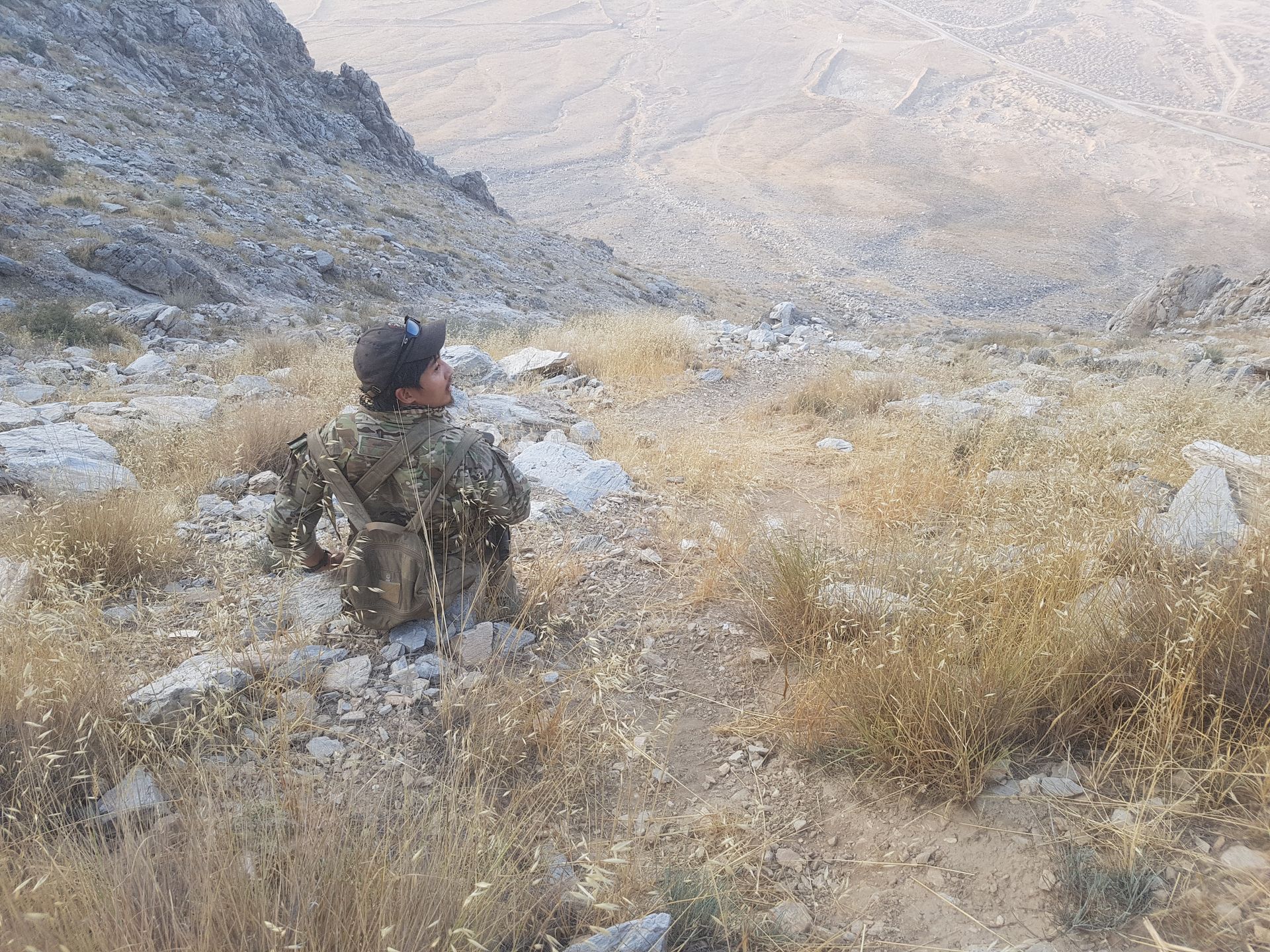Nurturing Wellness During A Military Transition
As I reflect on my military transition, I've come to understand some insights about identity relatable to the high-hazard industry and first responder sectors.
As veterans, our journey doesn't end with our military service; it transitions into a new chapter of civilian life. However, this transition can be a tumultuous journey, often challenging our sense of identity and purpose. In this blog, we'll explore the pivotal role of identity in maintaining wellness and resilience during the transition from military service, drawing insights from leaders in the field of personal identity.
Identity forms the cornerstone of our well-being, shaping how we perceive ourselves and interact with the world. As renowned psychologist Erik Erikson famously stated, "The identity crisis is one of the most important conflicts that individuals face." This rings especially true for veterans, whose identity may have been deeply intertwined with their military roles, missions, and camaraderie.
Transitioning out of the military can feel like losing a part of oneself, leading to feelings of disconnection, purposelessness, and even identity crisis. As Dr. Brené Brown, a leading expert on vulnerability and shame, aptly puts it, "Owning our story and loving ourselves through that process is the bravest thing that we'll ever do." Embracing our military service as part of our story while navigating the transition is crucial for preserving our sense of self.So, how can we nurture our identity and wellness during this pivotal transition?
It starts with acknowledging the significance of our military experiences while also embracing the potential for growth and new beginnings in civilian life. One evidence-based strategy is cognitive reframing, which involves challenging negative beliefs about transition and embracing it as an opportunity for personal and professional development.Furthermore, building a support network of fellow veterans, mentors, and mental health professionals can provide invaluable guidance and encouragement along the journey.
As Dr. Viktor Frankl, a Holocaust survivor and psychiatrist, famously stated, "When we are no longer able to change a situation, we are challenged to change ourselves." This shift in perspective empowers us to reclaim our identity and resilience amidst transition's uncertainties.In addition, engaging in activities that align with our values and interests outside of the military can help reinforce our sense of identity and purpose. Whether it's pursuing education, hobbies, or community involvement, these endeavors offer avenues for self-discovery and fulfillment beyond our military roles.
Preserving our identity during the transition from military service is essential for fostering wellness and resilience. By embracing our military experiences as part of our journey, seeking support, and engaging in purposeful activities, we can navigate this transition with resilience and authenticity. As we embark on this new chapter, let us remember the words of Maya Angelou: "We may encounter many defeats but we must not be defeated." Our identity remains our guiding light, illuminating the path forward towards a fulfilling civilian life.
-jon



